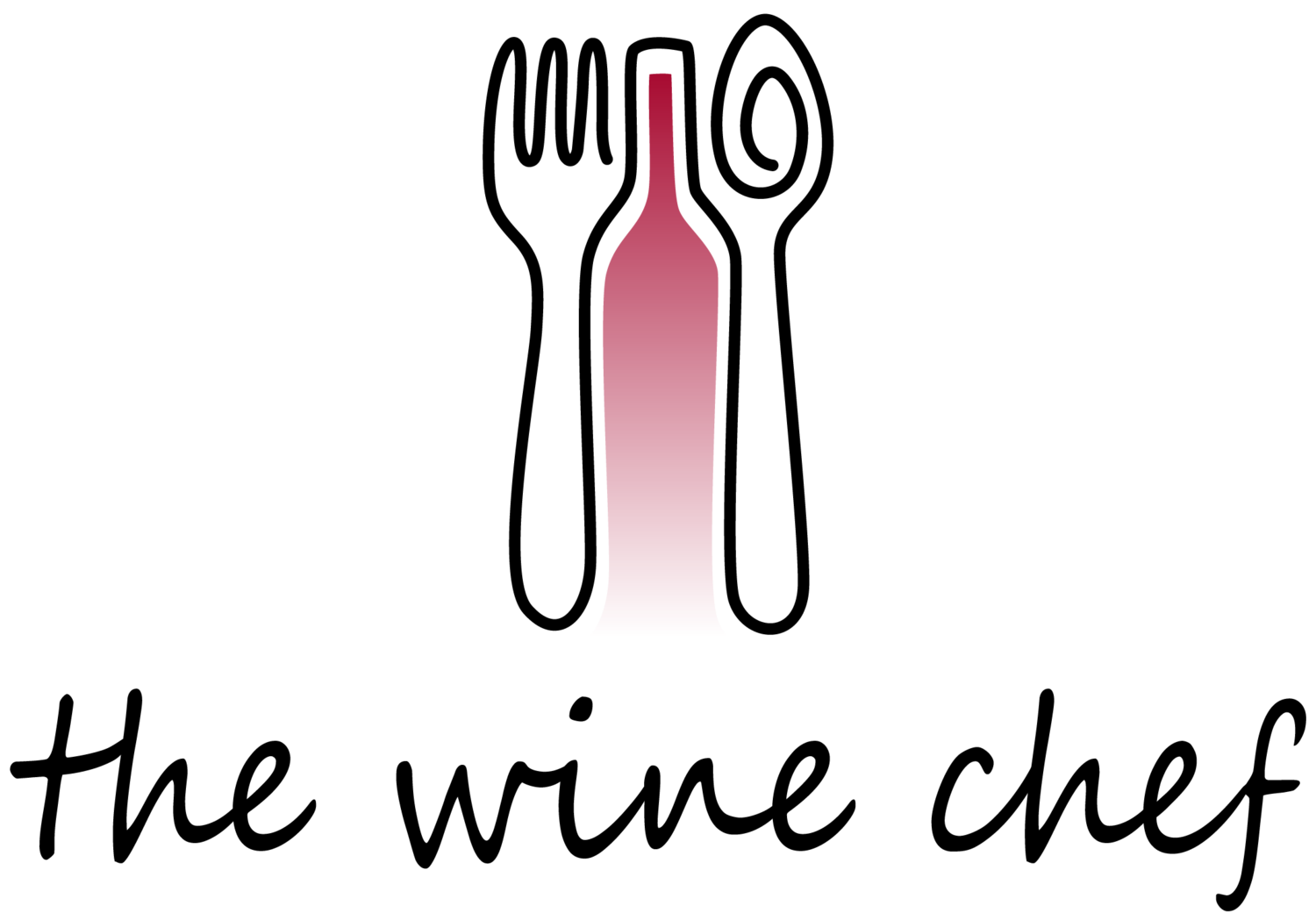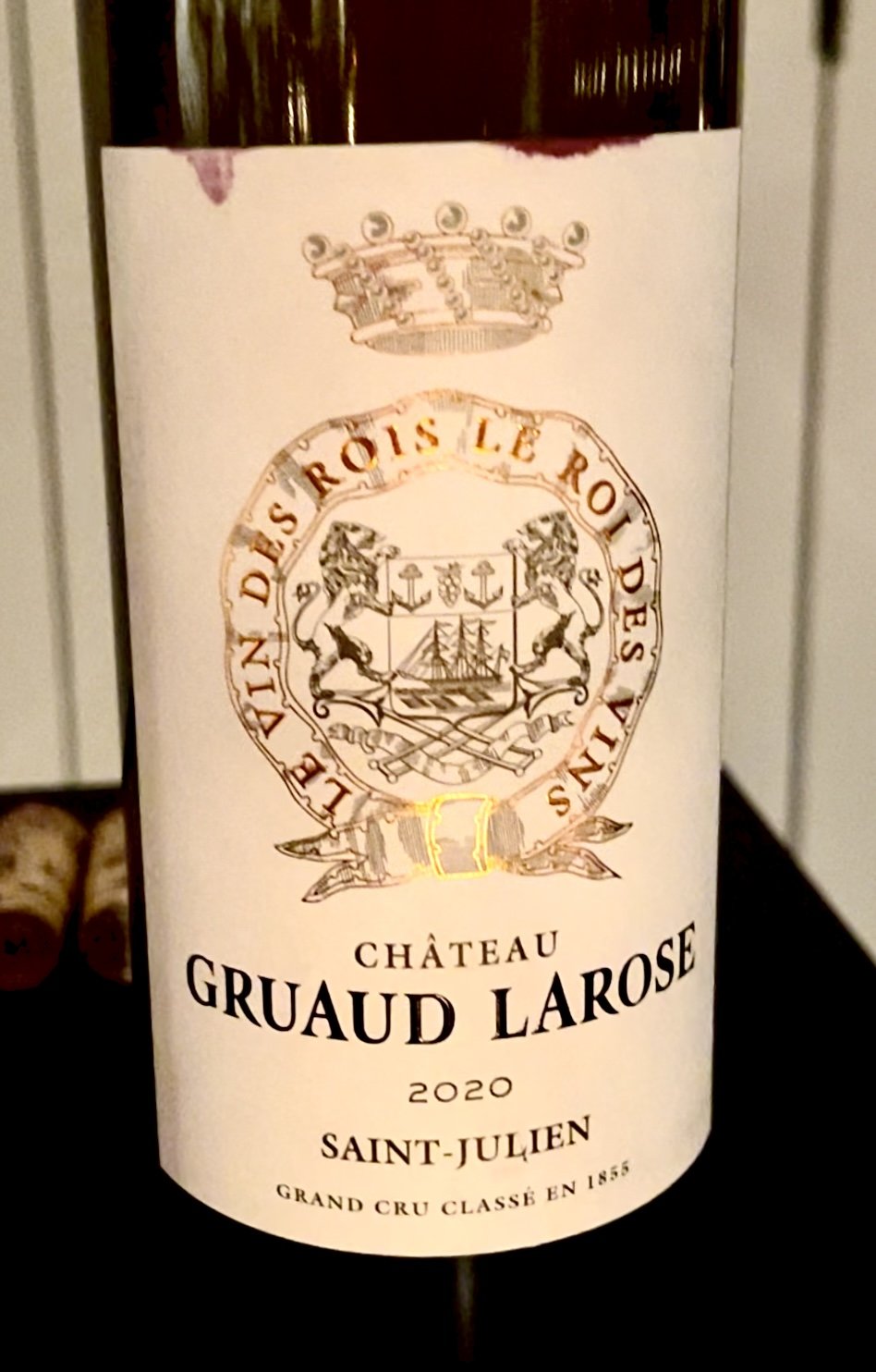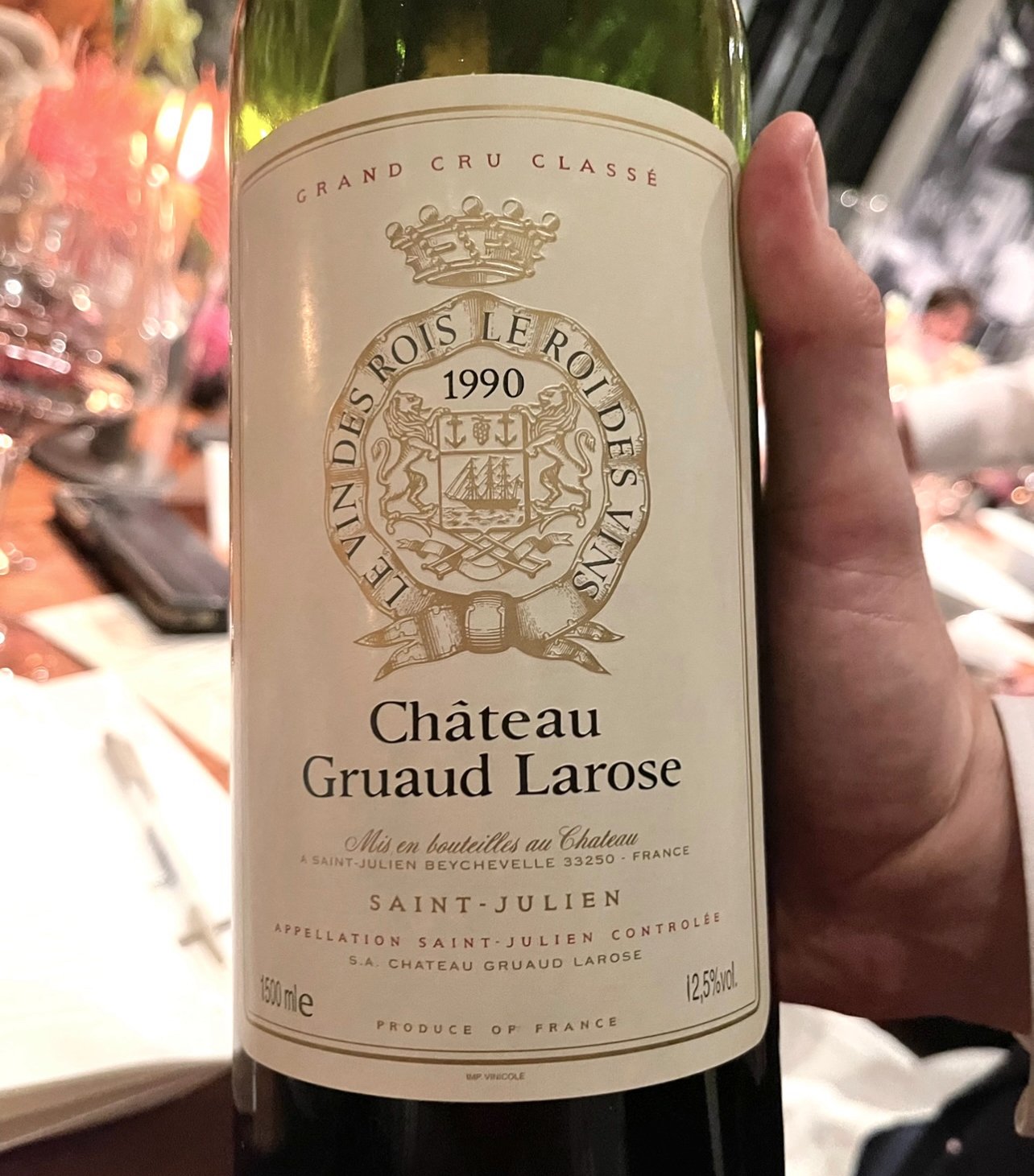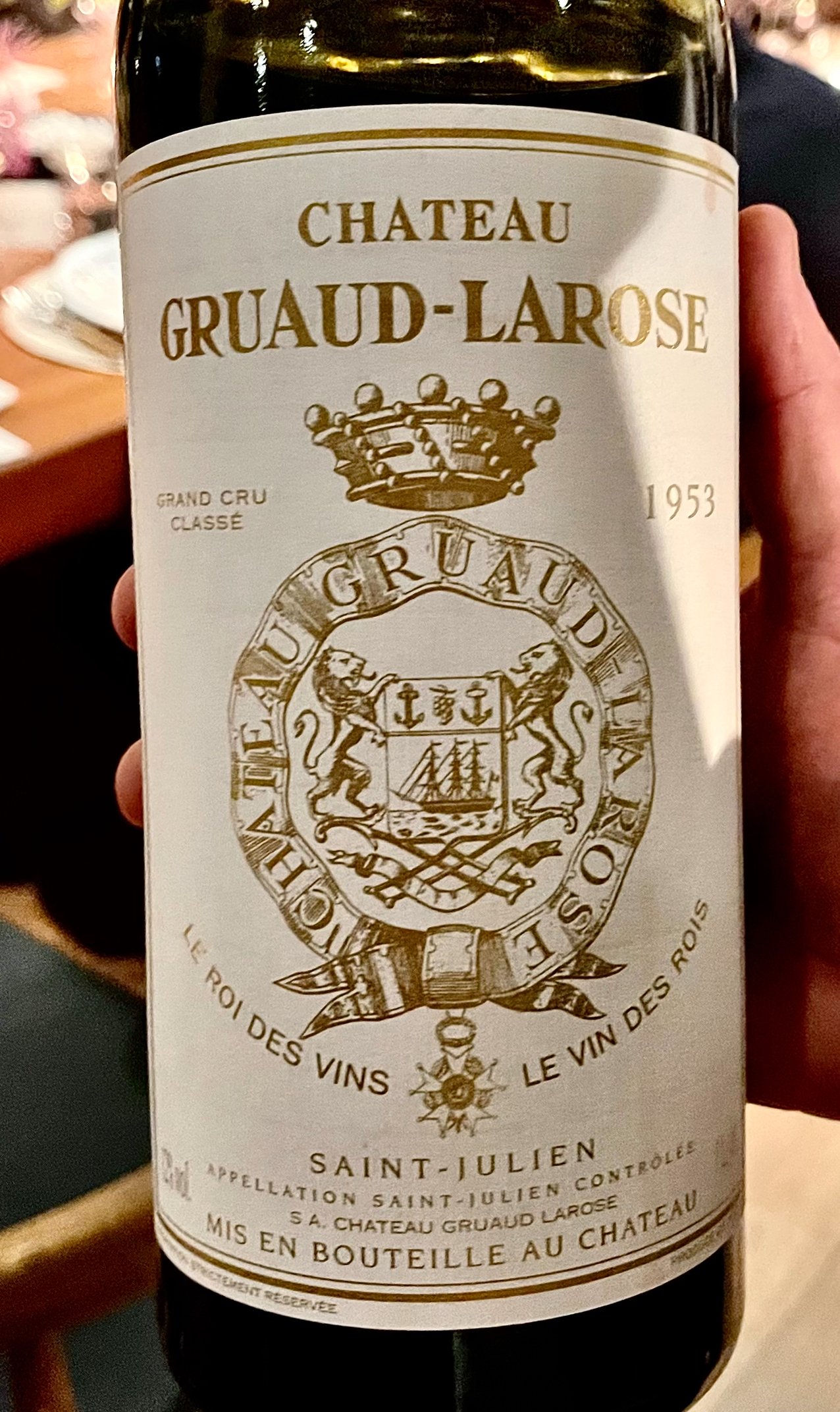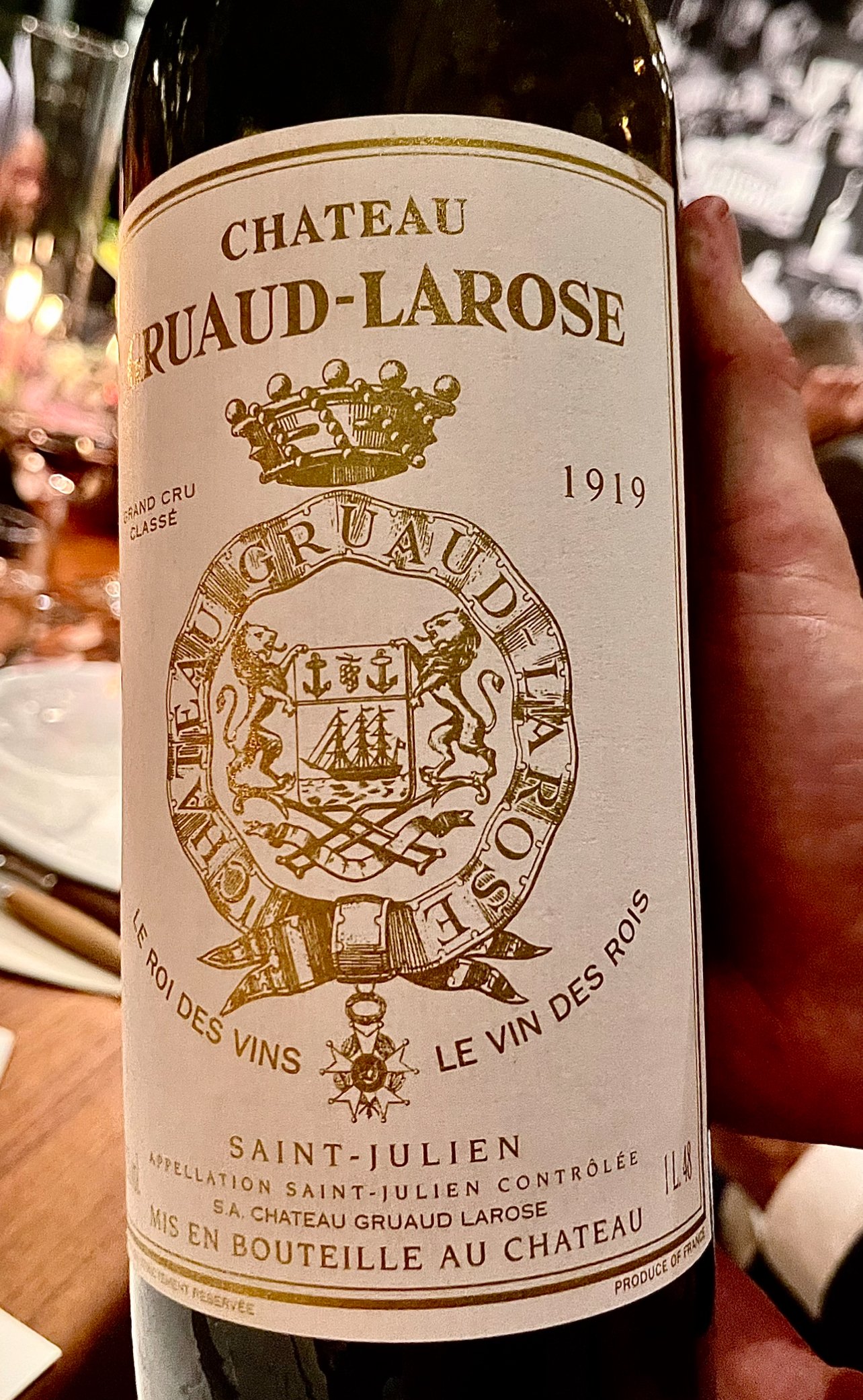Standing The Test of Time: A Century of Château Gruaud Larose
/“I want everyone to try the wines without being afraid of saying something they think sounds stupid. It’s just wine.”
The Bordeaux wine region, particularly the Médoc, is synonymous with grandeur, noted for opulent châteaux (castles) and prestigious wines. Wine producers contribute to this image, often dressed to the nines in perfectly tailored suits with colorful silk scarves gracing their necks.
While the rarefied atmosphere of Bordeaux may initially feel intimidating, the winemaking community, from my experience, is remarkably down-to-earth and approachable, fun even. So, when I was invited to a tasting and dinner with Nicolas Sinoquet, CEO of the fabled Châteaux Gruaud Larose, I jumped at the opportunity.
Seriously though, even if the company turned out to be stuffy (which was not the case), we’re talking a vertical tasting of 30 vintages from 2020 to 1919!
What an incredible (and rare) opportunity—to experience the century-long evolution of a Grand Cru Classé Bordeaux. I wondered, will the wines stand the test of time?
Before the event began, I sat down with Sinoquet to find out the best way to approach an older wine, whether it be at an organized tasting such as this one, or at a dinner with friends in a restaurant or at home. What to expect, whether to decant, what to eat, and, if you’re lucky enough to have both old and young vintages, the tasting order?
The tasting dinner was held at Stephan Weiss Studios, a stunning event space in Manhattan’s West Village. Sinoquet noted that the setting, especially the chimney with its roaring fire, made him feel like he was back home at the château.
Below is an excerpt from my Q&A article on Grape Collective: Château Gruaud Larose: The Tasting of The Century.
How should one approach a rare wine tasting of Bordeaux vintages ranging from four to 105 years old?
Nicolas Sinoquet, CEO of Château Gruaud Larose, advises against having expectations; instead, one should accept the wines as they are and reflect on the personal memories they evoke. Beyond taste, he says that older wines can connect us to history and provide a moment for reflection. Sinoquet suggests trying the wines and discussing your thoughts without worrying about sounding foolish, as there is no right or wrong when talking about wine.
Founded in 1725, Château Gruaud Larose is one of Bordeaux’s oldest wine estates. Situated in the Médoc's Saint-Julien appellation, it is among the fifteen Second Cru Classés, a top-quality designation from the famous 1855 Bordeaux wine classification.
Only four families have led Gruaud Larose during its nearly 300-year history: the Gruaud & Larose families, the Balguerie and Sarget families, the Cordier family, and, since 1997, the Merlaut family. Under Sinoquet's leadership, the chateau continues to evolve while respecting its longstanding heritage.
At a media event in New York City hosted by Sinoquet, guests tasted 30 Gruaud Larose vintages dating from 2020 to 1919. This extraordinary tasting, where every vintage, even the oldest, proved lively, was a unique journey through time.
Before the tasting, Grape Collective talked with Sinoquet about evaluating younger versus older wines and whether to decant the older ones. Other topics addressed included the chateau's use of organic and biodynamic methods and the effects of climate change.
Read Sinoquet’s insights at Château Gruaud Larose: The Tasting of The Century.
